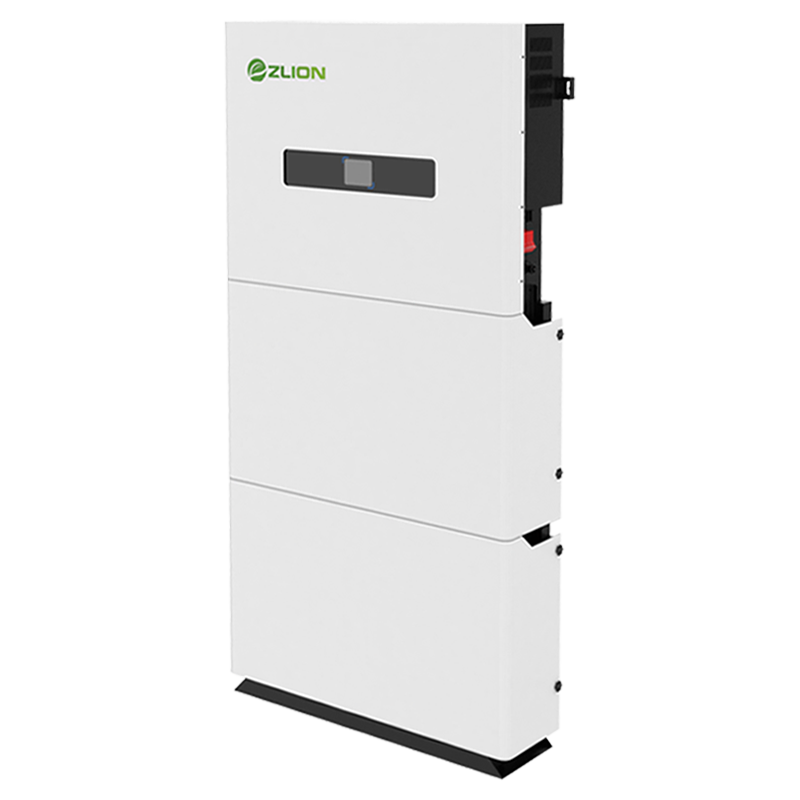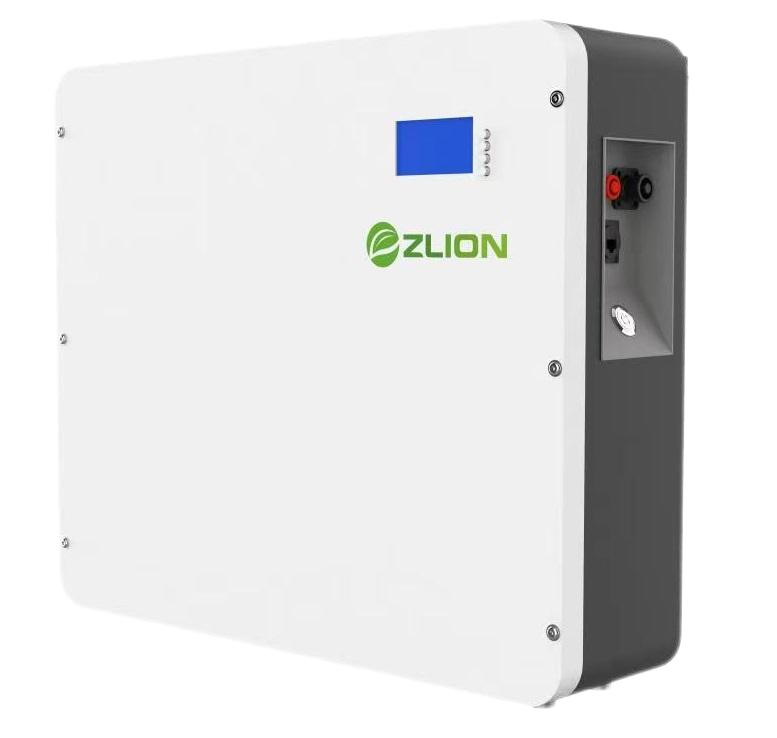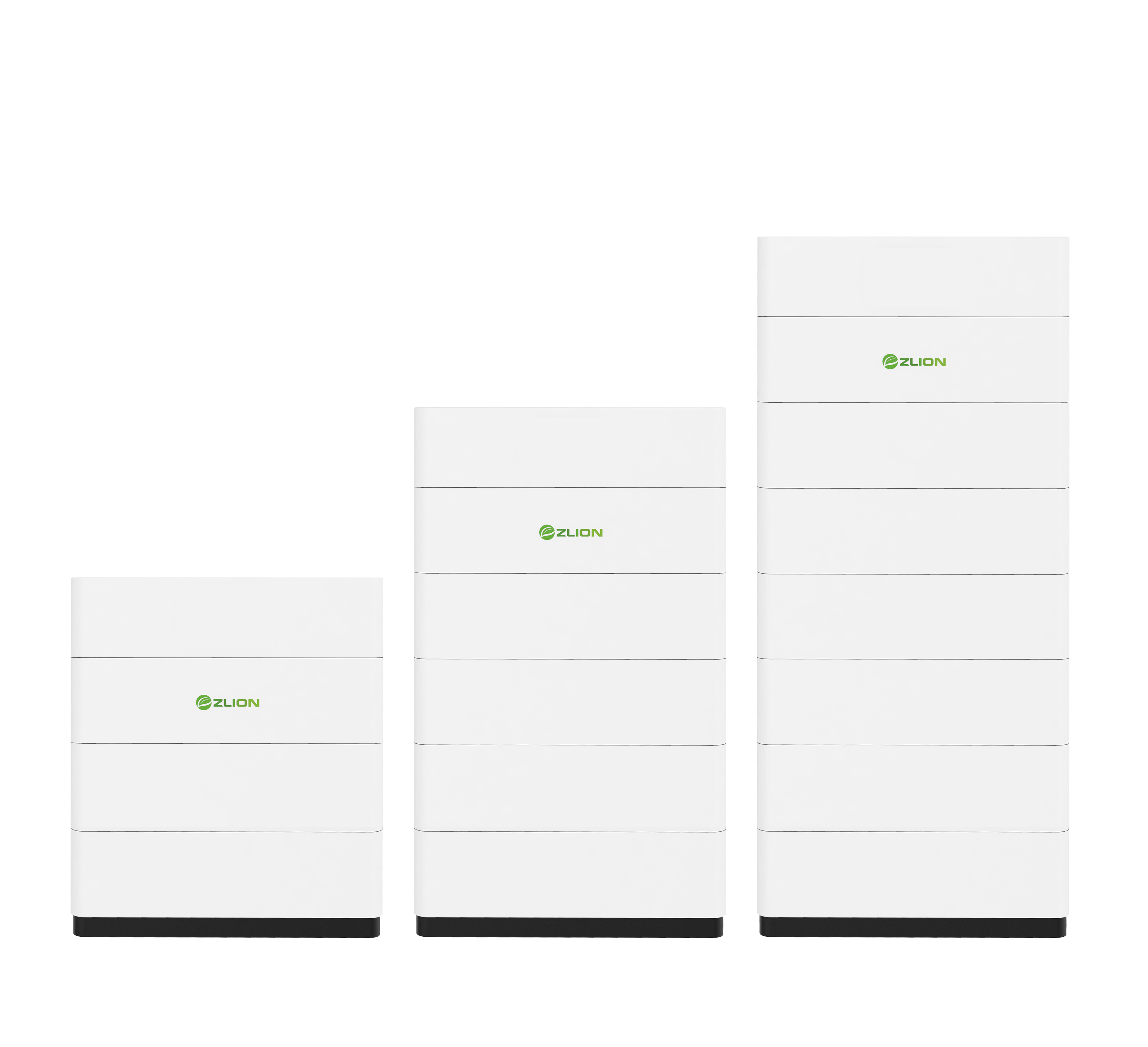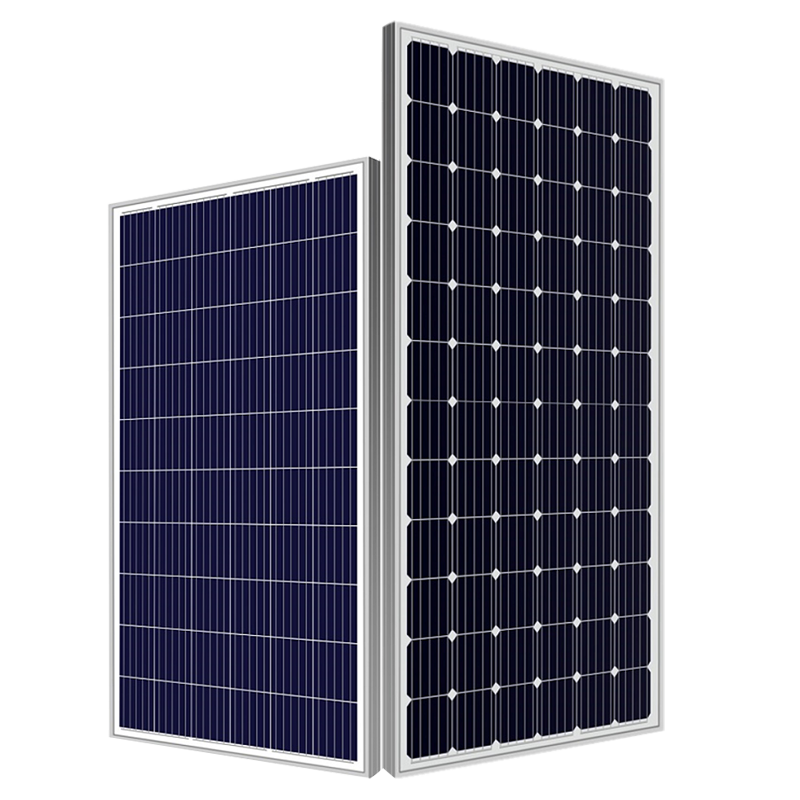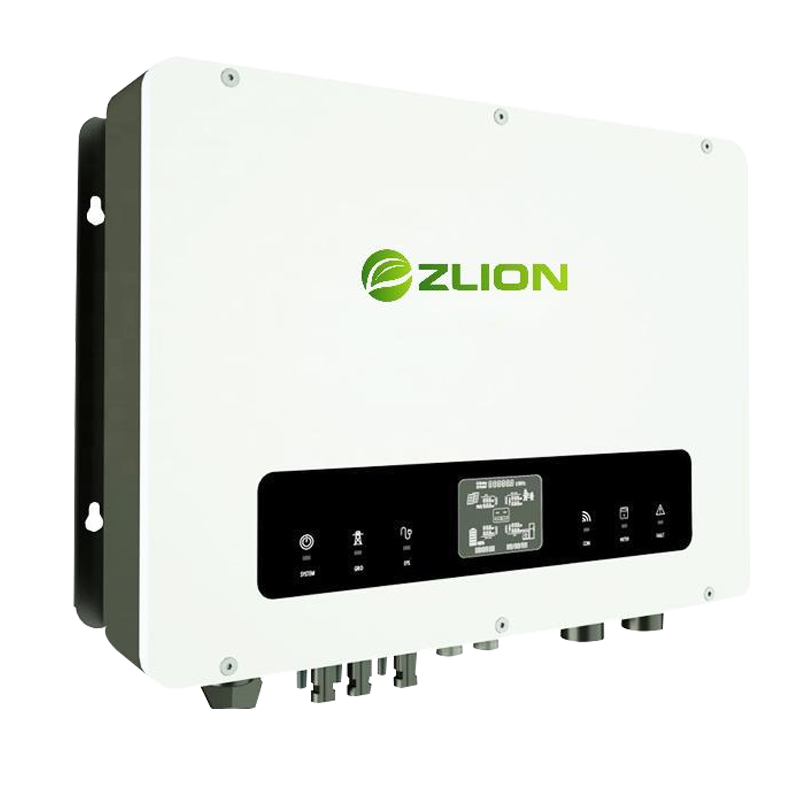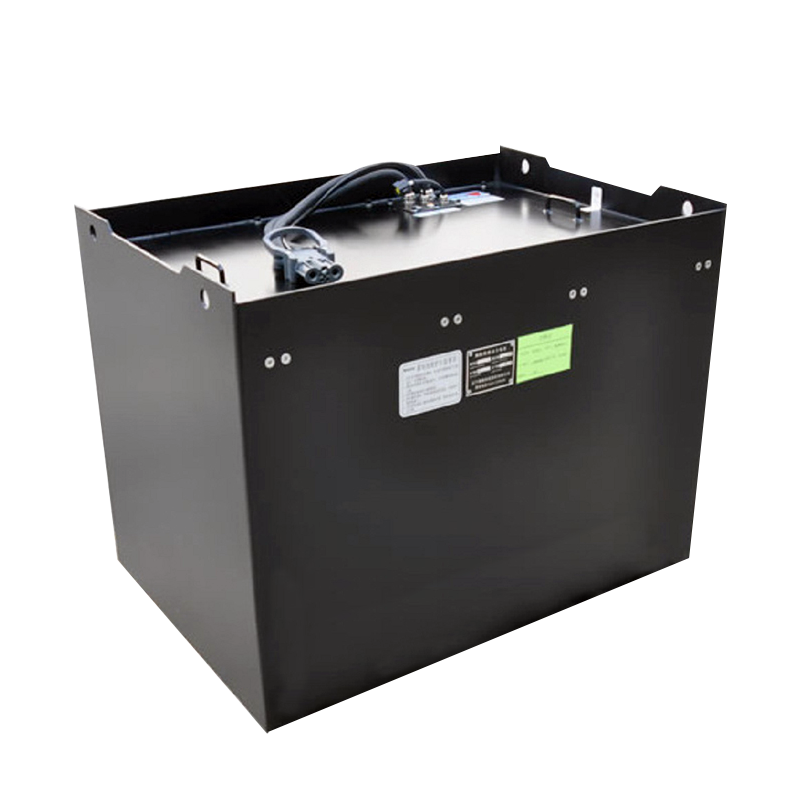Lithium iron phosphate energy storage battery is a very excellent type of battery with many advantages, such as high safety, long life, and environmental friendliness. However, like all batteries, it also has some disadvantages.
The main disadvantages of lithium iron phosphate batteries are:
Low energy density: Compared with other types of lithium batteries, lithium iron phosphate batteries have a lower energy density. This means that, at the same volume, it will store less electricity than other batteries.
Poor low temperature performance: In low temperature environments, the performance of lithium iron phosphate batteries will be affected, the charging speed will slow down, and the discharge capacity will also decrease.
High cost: Although the raw materials of lithium iron phosphate batteries are relatively cheap, the production process is relatively complicated, resulting in relatively high battery costs.
What can't lithium iron phosphate batteries be used for?
Due to the low energy density and poor low temperature performance of lithium iron phosphate batteries, it is not suitable for application scenarios with high requirements for energy density and low temperature performance. For example:
Small electronic devices: such as mobile phones, tablets, etc., require small batteries and high energy density, and lithium iron phosphate batteries do not have an advantage in this regard.
Electric vehicles: Although lithium iron phosphate batteries are also used in the field of electric vehicles, for electric vehicles that pursue long driving range, battery types with higher energy density may be more suitable.
UAVs: UAVs have very high requirements for battery energy density and weight, and lithium iron phosphate batteries are difficult to meet these requirements.

